Planting onions and beans together
organic_mamag
15 years ago
Featured Answer
Sort by:Oldest
Comments (36)
schoolhouse_gw
15 years agoaulani
15 years agoRelated Professionals
Ashland Landscape Architects & Landscape Designers · Bellflower Landscape Architects & Landscape Designers · Lakeland Landscape Contractors · Brookfield Landscape Contractors · Dudley Landscape Contractors · Englewood Landscape Contractors · Hoover Landscape Contractors · Live Oak Landscape Contractors · Pleasant Grove Landscape Contractors · River Ridge Landscape Contractors · Sun City Center Landscape Contractors · The Villages Landscape Contractors · Vadnais Heights Landscape Contractors · Raytown Landscape Contractors · Clearfield Landscape Contractorslorna-organic
15 years agoreba_nc
15 years agogreenmulberry
15 years agocalliope
15 years agodavid52 Zone 6
15 years agopnbrown
15 years agoBob
15 years agosusaneden
15 years agopnbrown
15 years agopnbrown
15 years agosinfonian
15 years agopnbrown
15 years agoBob
15 years agojimster
15 years agolorna-organic
15 years agopnbrown
15 years agolorna-organic
15 years agoreba_nc
15 years agojellero
13 years agosegurelha
11 years agothetradition
11 years agojonfrum
11 years agosegurelha
10 years agopnbrown
10 years agostickmaker1958
10 years agoKerrieS
10 years agoltilton
10 years agopnbrown
10 years agoseysonn
10 years agopnbrown
10 years agoTracy Steele
2 years agodaninthedirt (USDA 9a, HZ9, CentTX, Sunset z30, Cfa)
2 years agolast modified: 2 years agowayne_5 zone 6a Central Indiana
2 years ago
Related Stories

PETS6 Ways to Help Your Dog and Landscape Play Nicely Together
Keep your prized plantings intact and your dog happy too, with this wisdom from an expert gardener and dog guardian
Full Story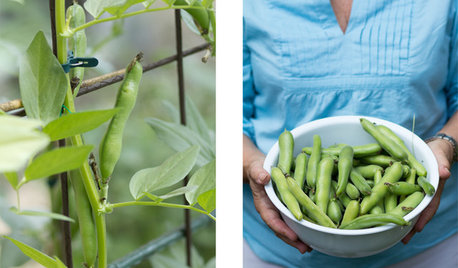
SUMMER FRUITS AND VEGETABLESSummer Crops: How to Grow Beans
Grow your own beans for amazing variety and healthy, convenient produce all summer
Full Story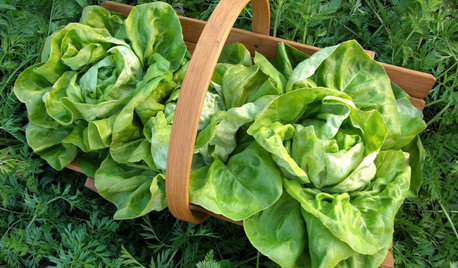
GARDENING GUIDES10 Easy Edibles for First-Time Gardeners
Focus on these beginner-friendly vegetables, herbs, beans and salad greens to start a home farm with little fuss
Full Story
EDIBLE GARDENSGarden BFFs? Why Your Vegetables Are Begging for Companion Plants
Foster friendships among plants for protection from pests, pollination support and color camaraderie
Full Story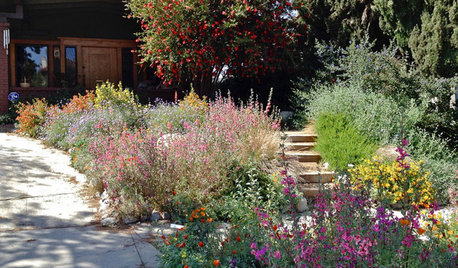
INSPIRING GARDENSNative Plants Bring 10 Southern California Front-Yard Gardens to Life
Rare plants, rain gardens and wildlife habitats are just a few of the features showcased on the 2016 Theodore Payne Native Plant Garden Tour
Full Story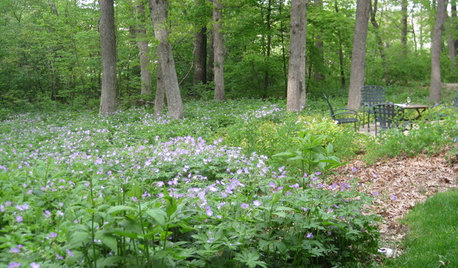
GARDENING GUIDESWe Bust 4 More Native Plant Myths
Have you been taken in by these fallacies about gardening with native plants?
Full Story
FARM YOUR YARDHow to Build a Raised Bed for Your Veggies and Plants
Whether you’re farming your parking strip or beautifying your backyard, a planting box you make yourself can come in mighty handy
Full Story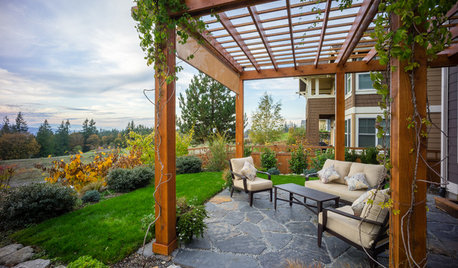
FALL GARDENINGWhy Fall Is the Best Time for Planting
Spring is overrated for planting. Starting plants in autumn has advantages for both garden and gardener
Full Story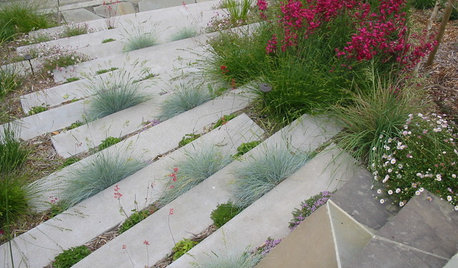
PLANTING IDEASPlant Your Hardscape for Unexpected Green
Nestle greenery among pavers, steps and more for a yard brimming with life and creativity
Full Story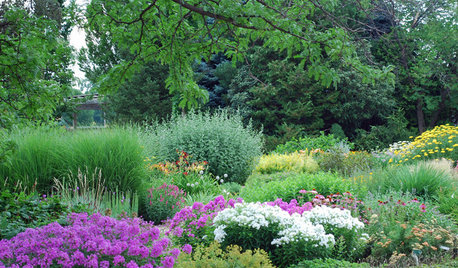
LANDSCAPE DESIGNTake Your Garden on a Rural Route With Plant-Dominant Designs
Let plants take center stage for a garden that recalls idyllic pastures fashioned by nature's hand
Full StoryMore Discussions






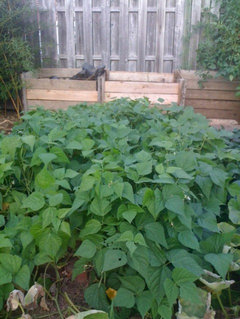
pnbrown